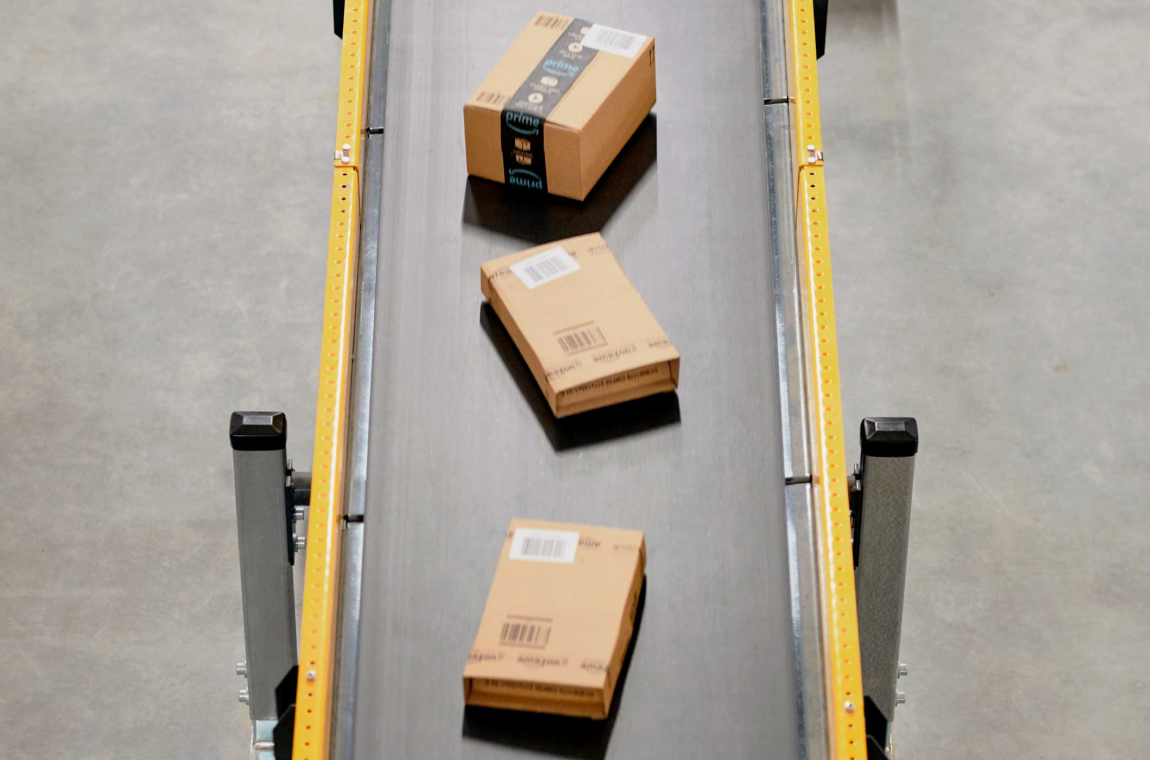
FBM vs. FBA on Amazon –
– which model to choose?
eCommerce is the up-and-coming sales model – as proven by the growing interest in international trade and conducting businesses online. One of the platforms which enable business activities on external markets is Amazon. It provides a valuable support with logistics. Entrepreneurs who wish to expand their businesses in this direction should consider working with this American giant in one of the models it offers: FBM or FBA. What are the differences between the two, and what should you consider when choosing between them?
FBM – full control of shipping
Fulfillment By Merchant (FBM) is a model dedicated to sellers who wish to have a full control over the transport of goods. Amazon serves only as a middleman – it does not interfere with the shipment. FBM provides an online platform to plan sales, control logistics, and use other tools which help prepare goods for shipping. In other words, it is the seller who is responsible for the goods. It is a great solution for online sellers, as it enables them to monitor their shipments.
FBA – sales and logistics combined
However, some entrepreneurs conducting business via online selling platforms would rather outsource this process in its entirety. The Fulfillment By Amazon (FBA) model was created exactly for them. The main difference is that the responsibility for the preparation and shipment of goods lies with Amazon, and not the seller. There are many advantages to this solution. First and foremost, it is Amazon who carries the responsibility for the shipped goods. Moreover, the seller does not have to acquire an additional space to store the goods.

Is there a third option?
FBM and FBA are not the only solutions offered by Amazon. Entrepreneurs, specifically in the seasonal sector, can also choose the Seller Fulfilled Prime (SFP) model. In order to be eligible for SFP, a special status which allows entrepreneurs to sell “Prime” goods needs to be obtained. In this case, it is the seller who prepares the shipment (like in FBM), and passes it on to Amazon, at the same time benefiting from the advantages of Amazon Prime.
FBM and FBA accounting
No matter which model you decide to choose, using Amazon for international transactions may result in additional VAT rates applicable in a particular country. eCommerce sellers who think of expanding their businesses should not only choose the right sales model but also tailor their accounting processes to international trade rules. The support of our experts in international accounting may prove to be invaluable in such a case.